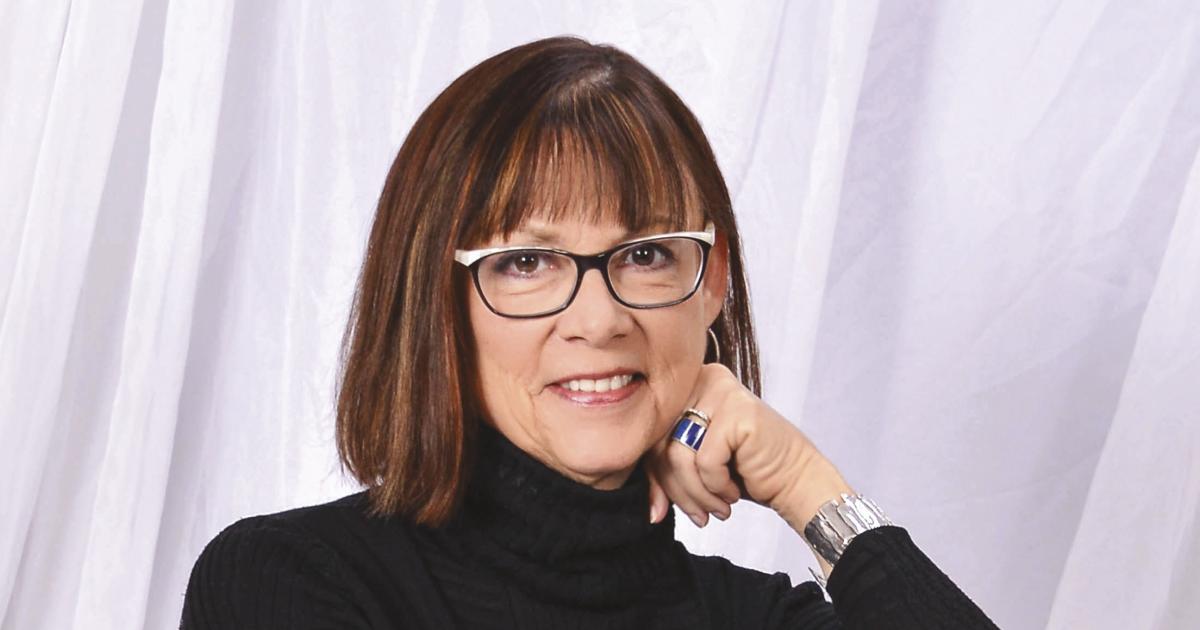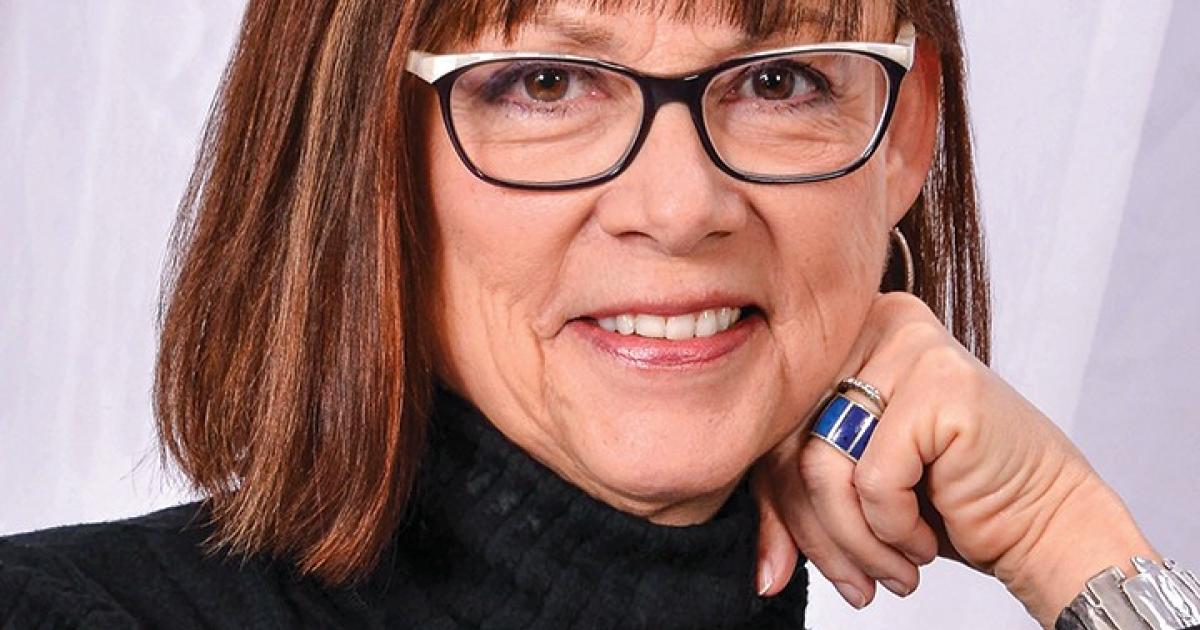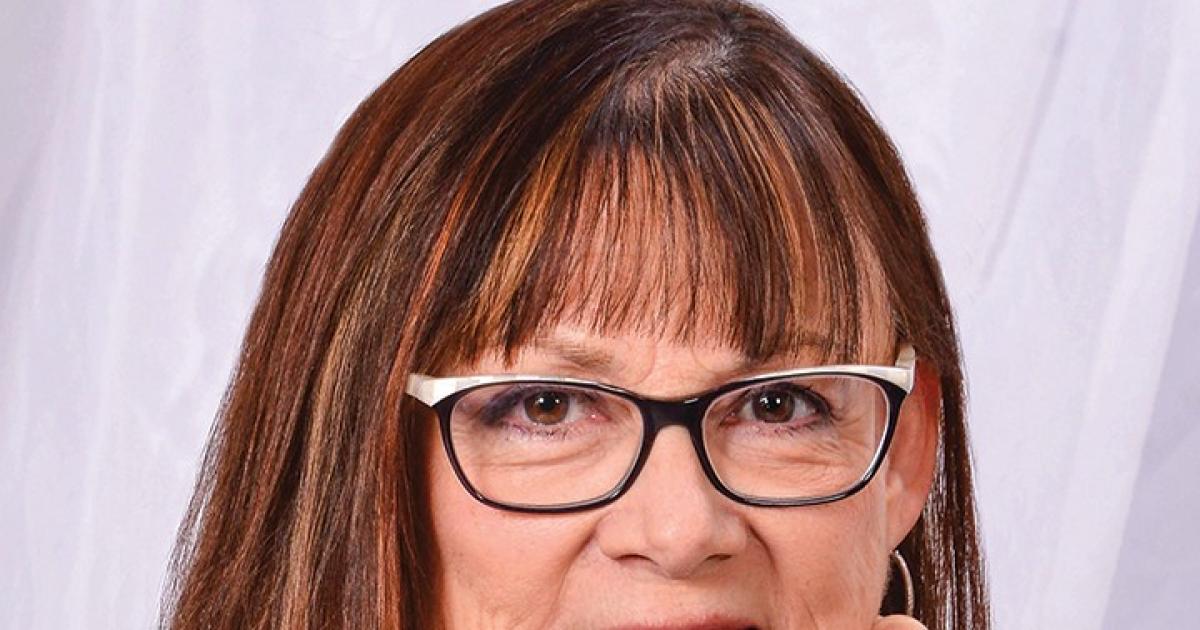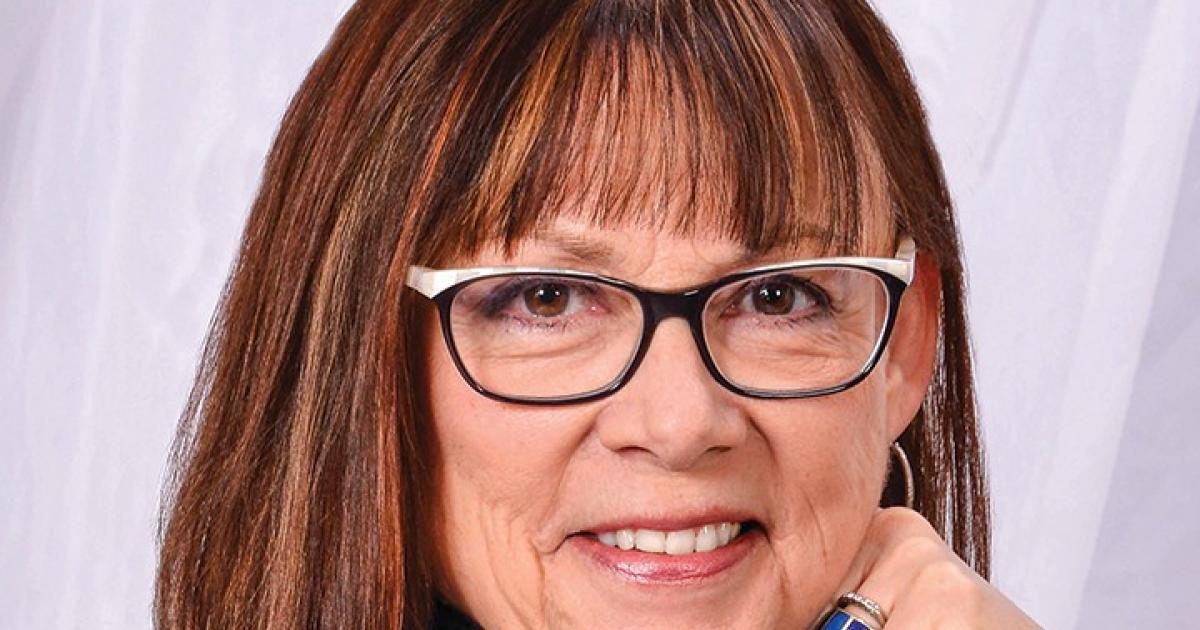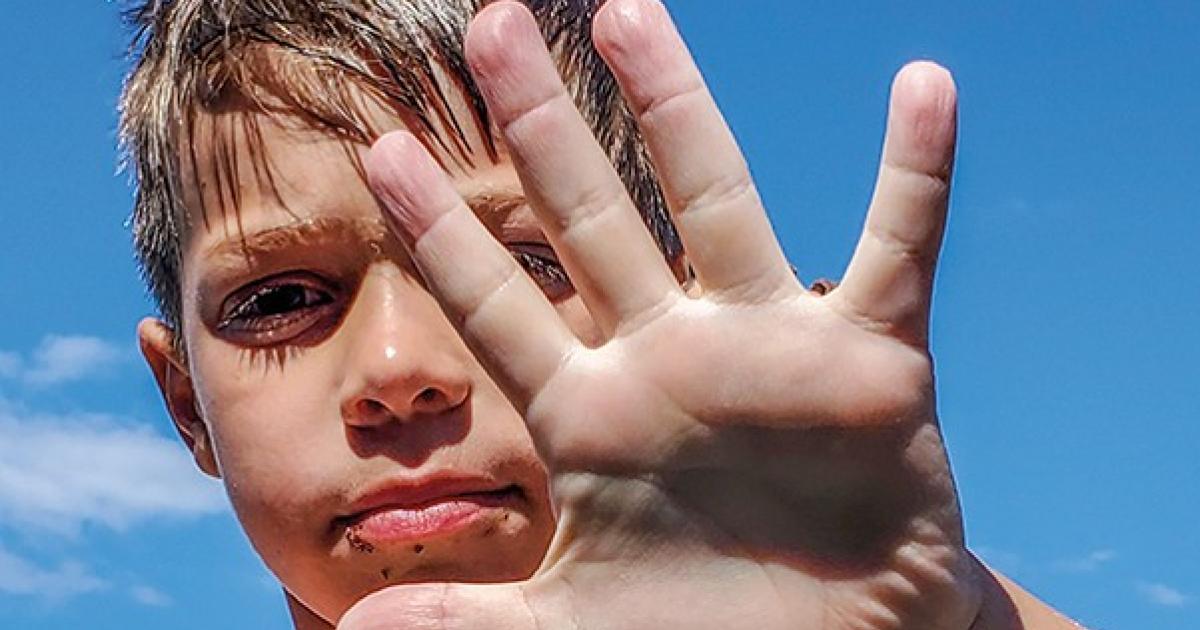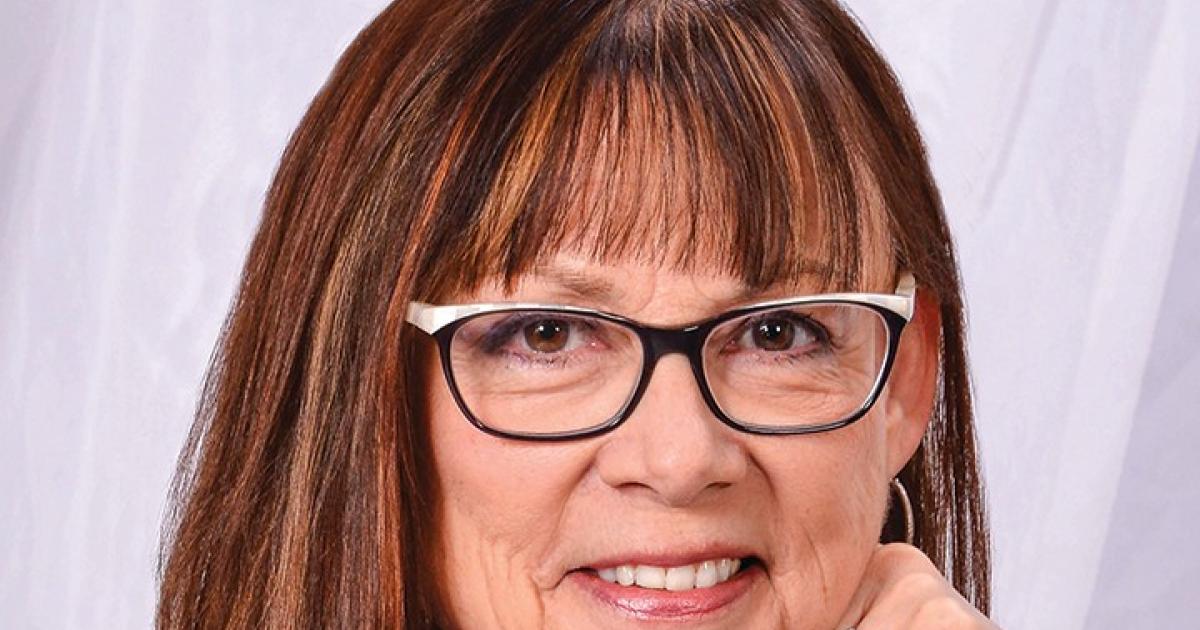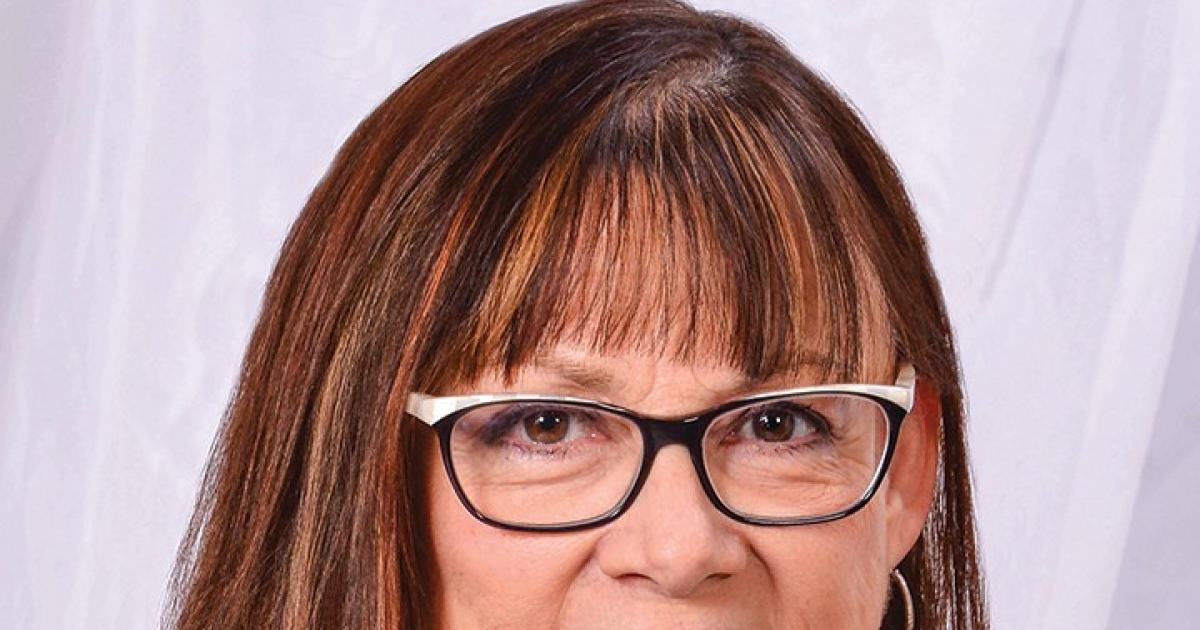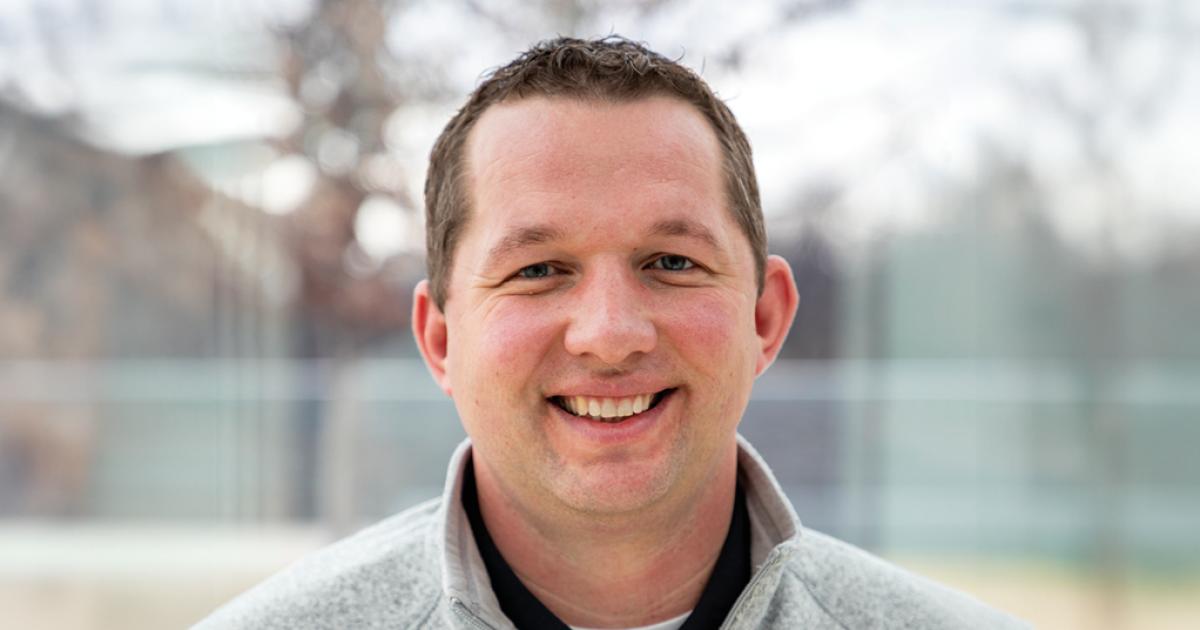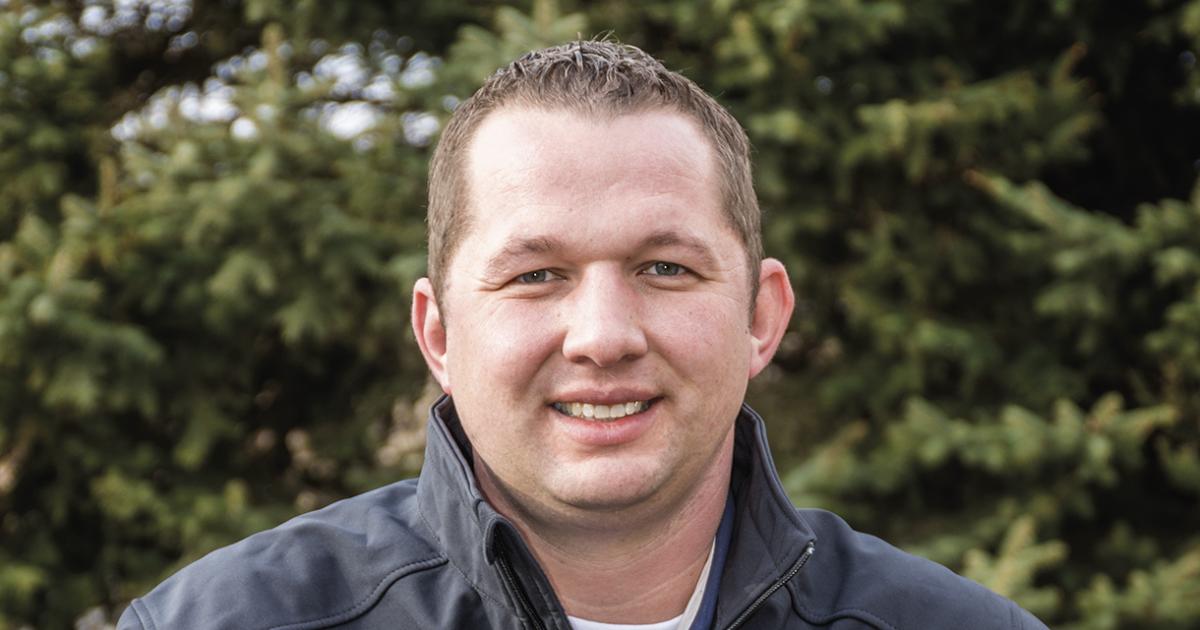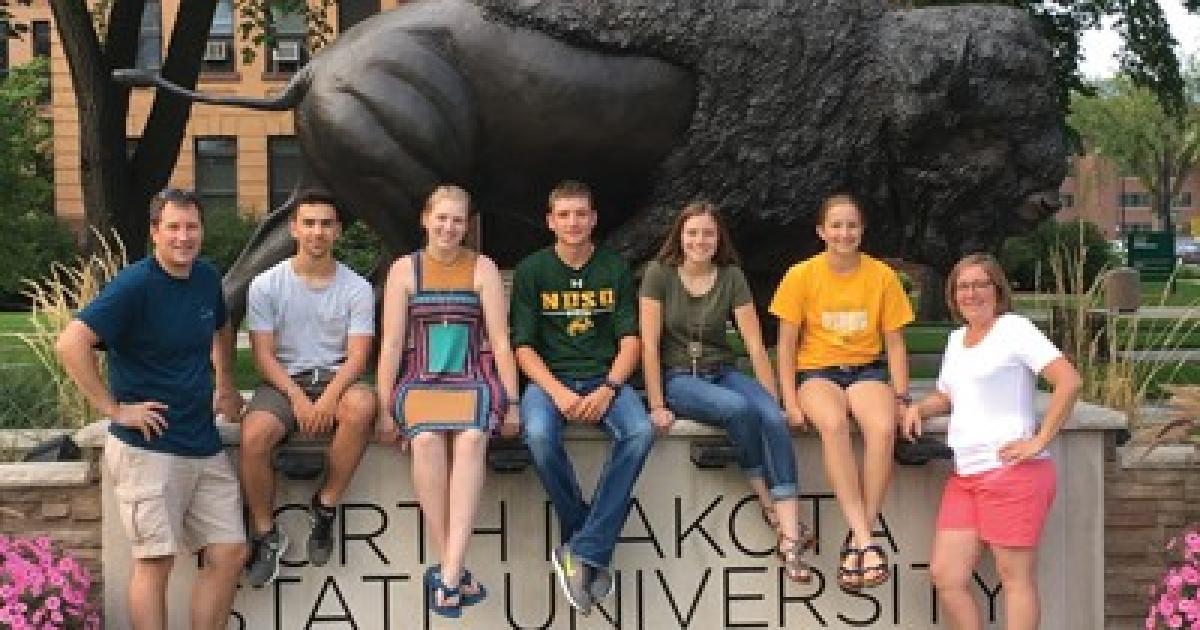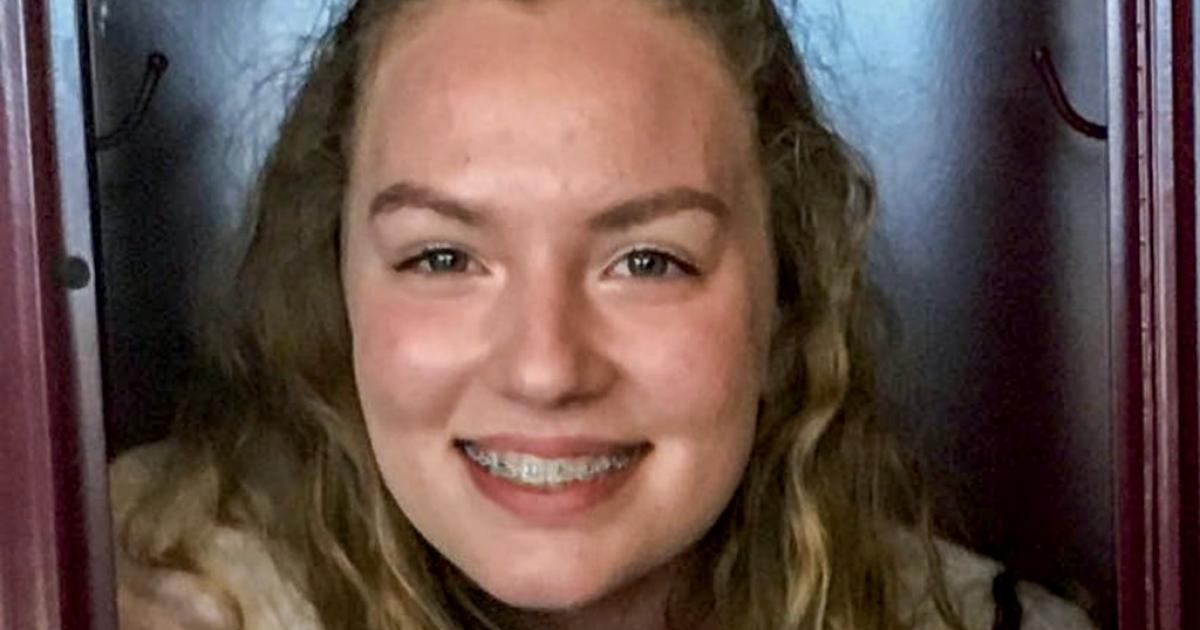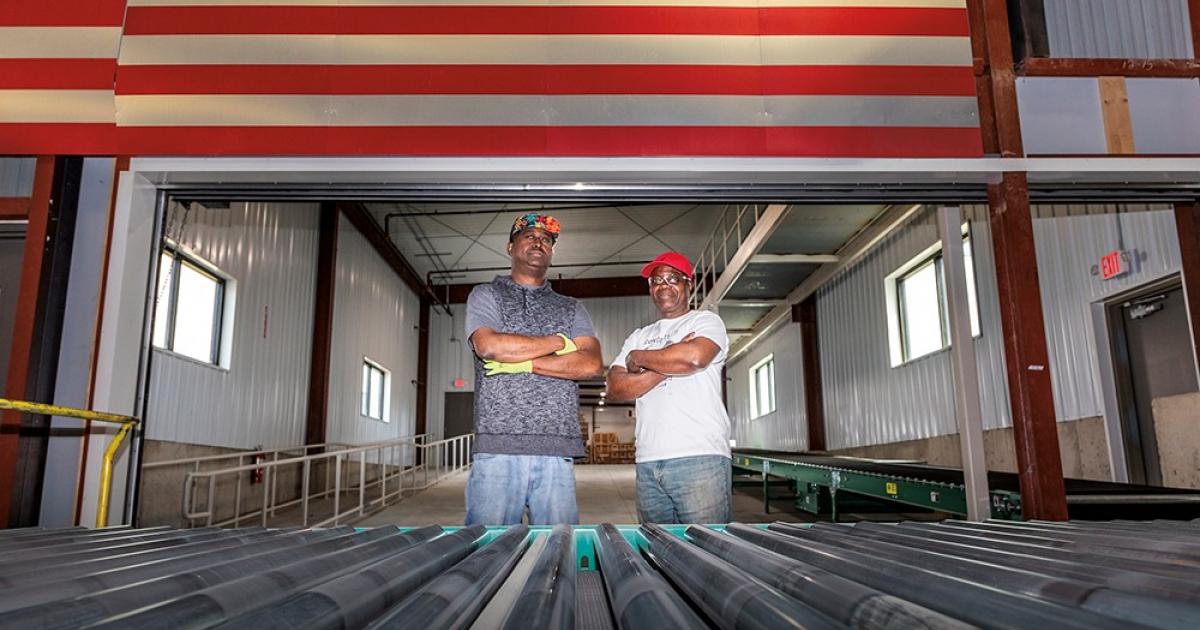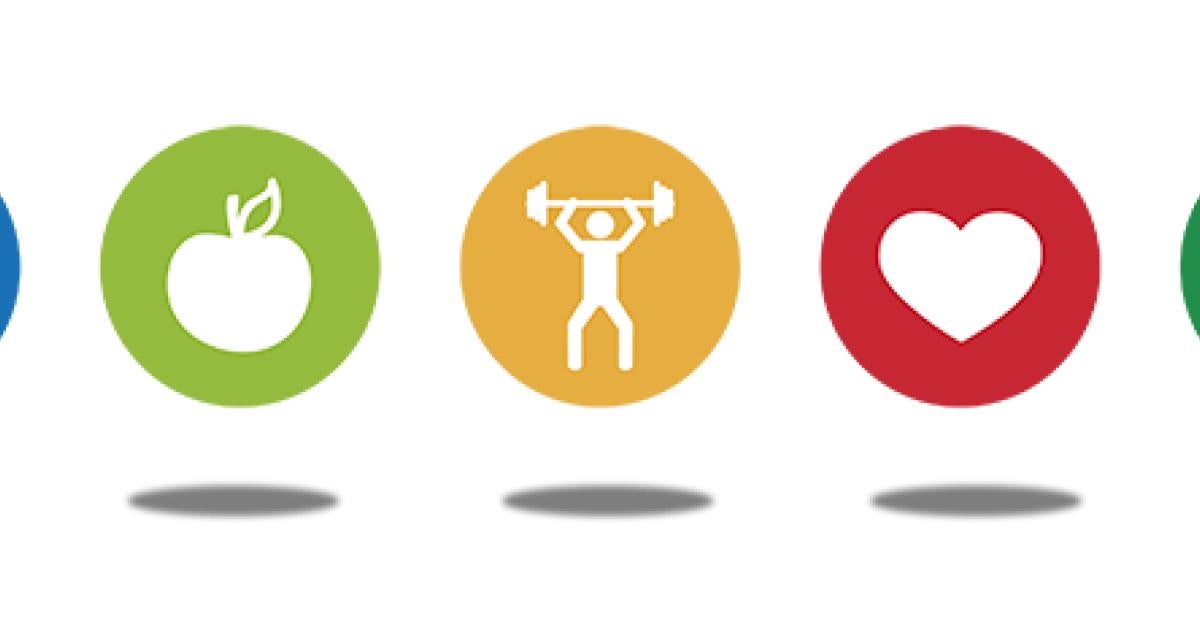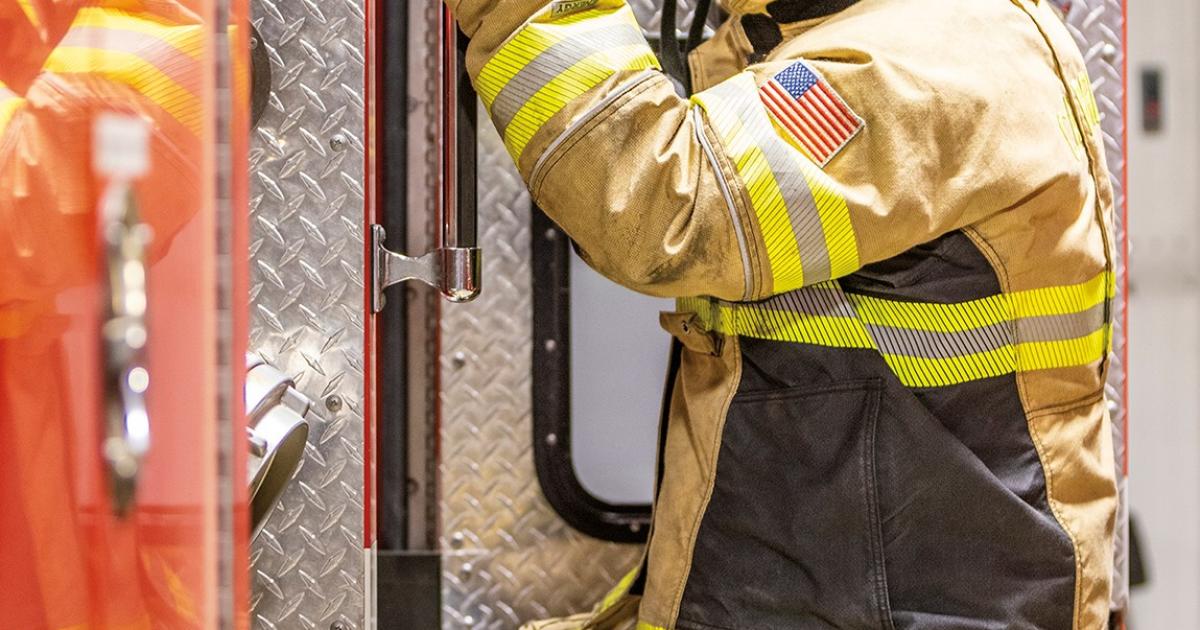“I want to QUIT!” My fifth-grade daughter slammed the piano keys in a discordant chord she certainly didn’t learn from any piano teacher. “I HATE piano!”
We had been through this same pound and protest many times in the five years since she had started lessons. I’d been there myself when I was her age. But, with the perspective of years, I knew some day she’d thank me.
Inspired Living
“Sometimes, my friend and I pretend we’re popular,” my 10-year-old granddaughter’s clear voice spoke into the warm summer afternoon. There was no offense. Just fact.
Her words stopped me. What? My just-out-of-fourth-grade granddaughter was worried about being popular? She wasn’t popular? I might have to march over to her school and…
What I really said was, “How do you pretend you’re popular?”
I don’t like to talk on the phone much. Even more, I don’t like to talk on the phone after supper. So, when the phone rang about 8:30 p.m. that late-December night, I was tempted to not answer. But, I also have an inability to not answer the phone. “Hello?”
“This is a call from the hospital. Your mother is in the ER. You need to get here.”
When my husband and I got married, even though we were mostly broke, we felt like we had it made. We spent the first four years of our marriage working as “dorm parents” in a high-rise at North Dakota State University. The job included a spacious furnished apartment, three meals a day at the dining center (that’s right, I didn’t have to cook for four years!) and full health benefits, in addition to a salary. The only expense we had was long-distance phone calls.
Three hours turned into five. Then the flight was canceled. The airline said the earliest my daughter and her two kids (ages 9 and 6) would get “home” was Christmas Day.
My daughter gave up on that airline and went to another counter. They could get her out now (for a price). She booked the tickets.
“Oh,” I said. “I don’t think I’ve ever seen the thumbs down or stop signals before.”
He shrugged his shoulders as he began walking away. “That’s because we never use them.”
He got that right. When he and his sister visit the lake every summer, life is on fast-forward. “Slow down” and “stop” are not in their wheelhouse.
On one of my casual walks down “my” aisle, I saw a woman standing by the table, holding a copy of my book, reading the back cover. I couldn’t keep my mouth shut. “I wrote that book,” I blurted. I went on to tell her about the book, how this conference was where it had all happened, how excited I was to have my first book published, and who knows what else. Probably that I was from small-town North Dakota and things like this don’t happen often.
“I guess I’ll buy it,” she said.
“Thank you!” I was still gushing as she walked away.
Oh, we high school girls had our methods of circumventing the rules. If made to kneel (this sounds SO archaic now), we’d pull in our (mostly nonexistent) tummies and push our skirt down as far as we possibly could to pass the step test. The alternative was to wear a longer skirt to school and roll up the waistband as much as we dared. If questioned, all we had to do was unroll and kneel – test passed.
Getting back to the bell-bottomed pants – we weren’t allowed to wear those to school at all. Even to basketball games after school, it was skirts and dresses only.
Frustrated, but as politely as possible, I approached again and said, “My husband and I are paying for this reception, could you please play some oldies?” He nodded more earnestly this time. I walked to the edge of the dance floor and stood beside my young niece. Not one tune seemed to change. I gave up.
A new song started and my niece screamed, “Finally! Something from this decade!”
It took a few beats, but I finally realized that to the young DJ, songs from the 1980s (not earlier decades) were “the oldies.”


